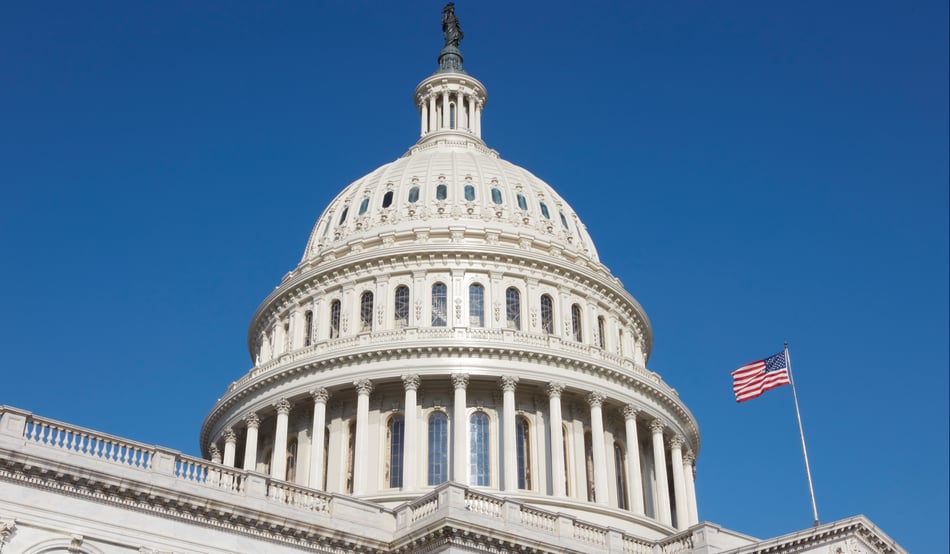The "One Big Beautiful Bill": Key Changes and What They Mean for Your Finances


Congress recently passed a major tax and spending bill that President Trump signed into law on July 4. This big new budget makes many parts of the Tax Cuts and Jobs Act permanent (meaning they won't expire), raises limits on state and local tax breaks, extends estate tax limits, and includes many other changes. To help pay for some of these tax cuts, the bill also reduces spending in areas like Medicaid.
This new law is important because tax and spending decisions in Washington have created uncertainty for many years. While politicians disagree about this budget's direction, it does remove the risk of a "tax cliff" - a situation where tax rules could have changed dramatically if certain provisions had expired at the end of this year.
On a personal level, taxes directly impact many parts of your financial planning. The specific rules in this tax bill will immediately affect household finances. From an economic standpoint, many investors also worry about how much the government spends, the growing national debt, and other factors that have affected markets over the past twenty years.
There are many ways to look at this recently passed budget. What should investors understand about their own financial plans and what this means for markets in the coming years?
Tax rates from the Tax Cut and Jobs Act are now permanent
The new tax bill, called the "One Big Beautiful Bill" by the administration, extends and expands several key parts from the 2017 Tax Cuts and Jobs Act (TCJA) that were going to expire. It also adds new benefits for taxpayers, which are only partly balanced by spending cuts in other areas. Here are some of the major changes that may affect households:
- Current TCJA tax rates and income brackets are now permanent.They were originally going to expire at the end of 2025.
- The standard deduction goes up.
$15,750 for single filers and $31,500 for marries couples filing together in 2025. - There is an extra $6,000 deduction for qualifying seniors.
Sometimes called a "senior bonus" that phased out for income over $75,000. This provision expires in 2028. - The Alternative Minimum Tax (AMT) exemption is now permanent.
It also raises the phaseout threshold to $500,000 for single filers, with future adjustments for inflation. - The child tax credit increases from $2,000 to $2,200 per child .
With future changes tied to inflation to maintain buying power over time. - The state and local tax (SALT) deduction cap rises to $40,000 .
Includes yearly increases of 1% through 2029. It is then scheduled to go back to $10,000 in 2030. - A deduction for tip income capped at $25,000 per year .
This is for workers earning less than $150,000, effective through 2028. - Some green energy tax credits are eliminated.
This includes those for electric vehicles and home energy efficiency improvements. - The federal debt limit increases by $5 trillion.
This will prevent Congress from having to debate and approve debt limit increases for some time, reducing political uncertainty.
These and many other changes keep the relatively low tax environment that has existed for the past several decades.
Growing worries about government deficits
Tax cuts mean the government collects less money, so it needs to either spend less or borrow more. Most government spending goes to Social Security, Medicare, defense, and paying interest on existing debt. These are hard to cut for political reasons.
The Congressional Budget Office estimates this new bill will add $3.4 trillion to the national debt over ten years. The total federal debt is already over $36 trillion, which equals about $106,000 for every American.
This creates a challenge because there's no easy solution. Tax cuts can help the economy grow, but the government has a poor track record of balancing its budget even when times are good. The last balanced budget was 25 years ago.
For investors, higher debt levels can affect interest rates and inflation over time. However, the key is to maintain a diversified portfolio that can perform well in different economic conditions rather than making dramatic changes based on policy alone.
Estate tax limits increased
The bill also makes permanent higher limits for estate taxes - taxes paid when someone dies and leaves money to heirs. The limit increases to $15 million for individuals and $30 million for couples in 2026.
While this mainly affects wealthy families, all families should think about how to pass assets to the next generation. This involves estate planning, tax efficiency, and long-term wealth preservation goals.




